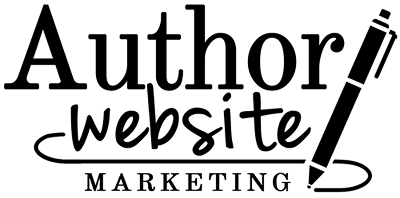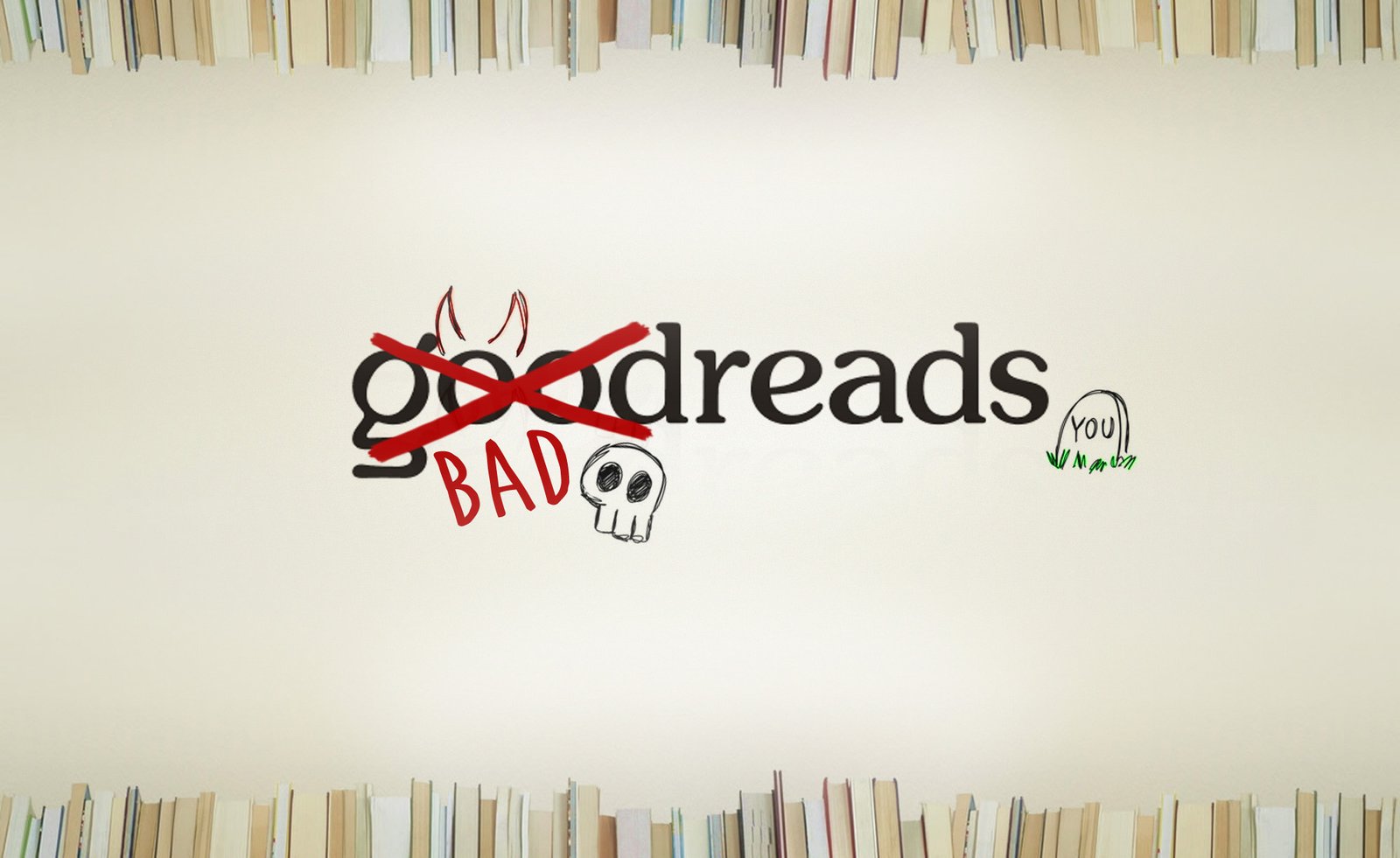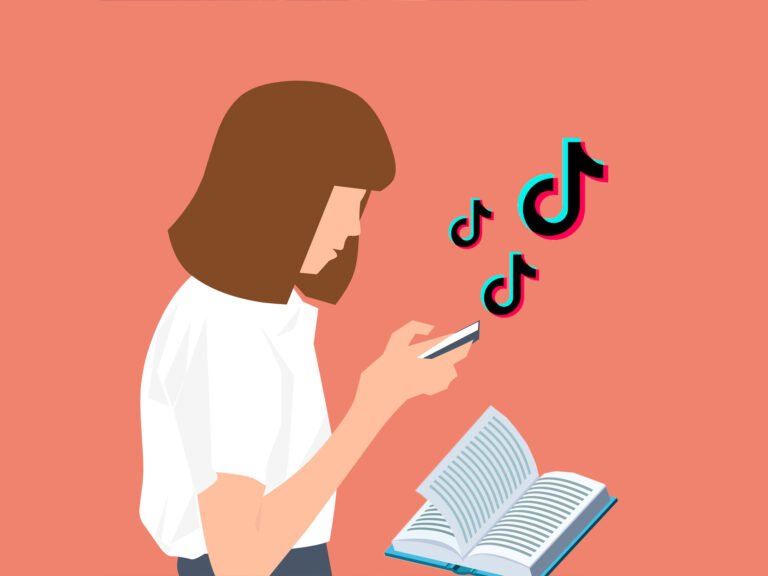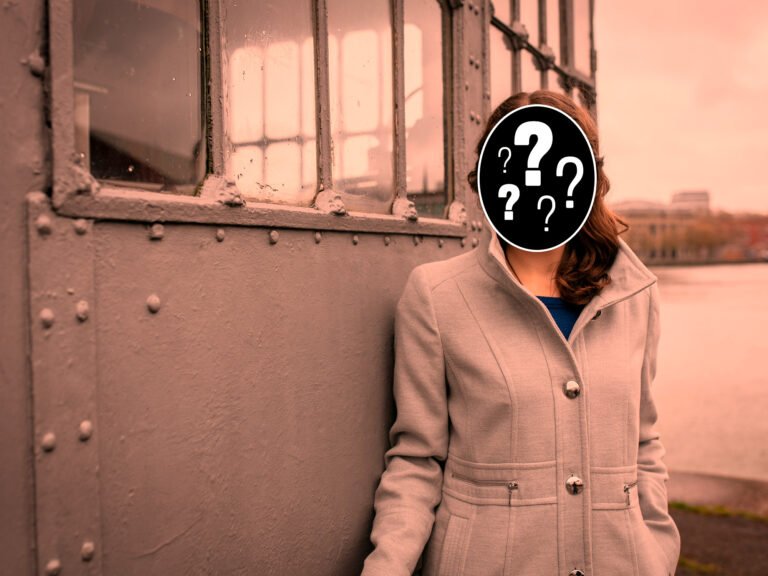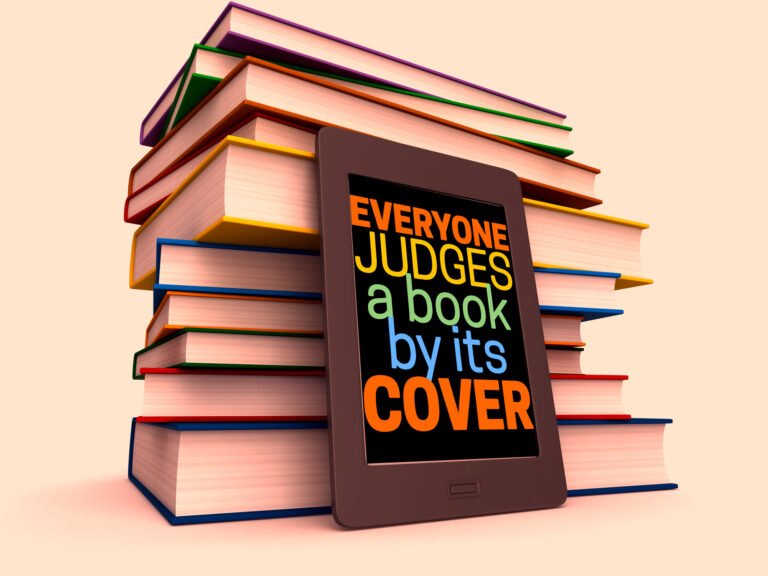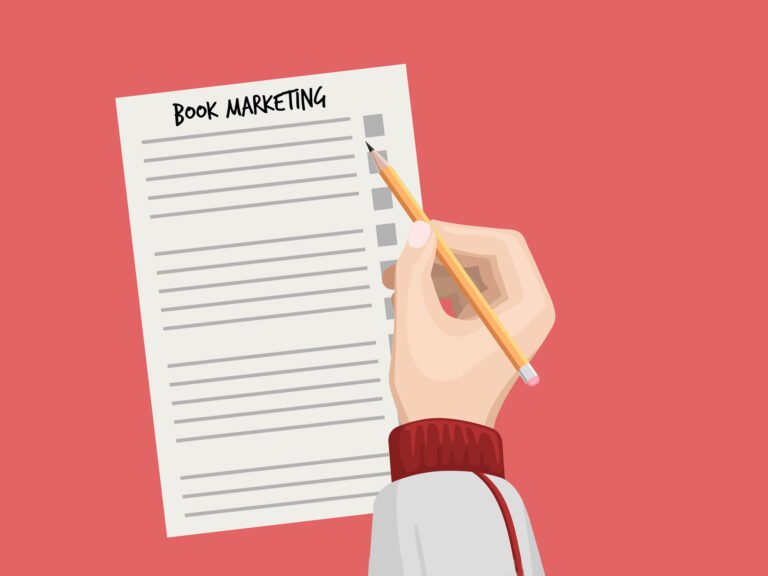The Goodreads Survival Guide for Authors: Can You Really Use It for Book Marketing?
As soon as you become a published author, there’s one website that suddenly wields huge power over your mental health. Cue the horror movie scream, because that website is… Goodreads.
This rather janky website, owned by Amazon but seemingly not updated since 2003, is the book reader’s answer to Facebook. It’s a place where avid readers can post reviews of what they’re reading right now and make friends with other bookish folk.
For authors, it might feel instinctively like Goodreads is a great place to try and sell your book. But how much should authors interact with readers on Goodreads? Can you use Goodreads as a book marketing tool? Does Goodreads actually sell books?
I’m the author of four books (one self-published, three traditionally published) and the creator of Author Website Marketing, but more importantly, I’m been using Goodreads as a reader for more than 15 years. I’m familiar with the platform from both the reader side and the author side.
This is my survival guide for any author tackling Goodreads-related depression and anxiety.
First, stop freaking out.
These are the typical cries of distress I hear from other authors:
“Ahhh, I got a one-star review on Goodreads and now I’m devastated!”
“The top review of my book on Goodreads is a negative one, make it stop!”
“My star rating average on Goodreads slipped below 3.5 and I think it’s hurting sales!”
Take a deep breath. Goodreads is not that important. Goodreads is not the arbiter of the quality of your book. Goodreads is just full of people… and people are going to have different opinions on your book.
How reviewing works on Goodreads
It’s worth taking a moment to understand how reviewing works on Goodreads. Many authors treat GR as if it’s the New York Times Book Review, i.e. very important and very serious.
Better to think of it as friends chatting with other friends. A vast majority of book reviews posted to GR are not “book reviews” in any traditional sense. They’re braindumps. From a reader perspective, they could be one of the following:
– I’m trying to make my Goodreads friends laugh by saying something funny
– I’m kvetching about my day in the form of a book review
– I’m typing random notes about this book so that I’ll remember it in a year’s time
– I actually really liked this book, but there was one thing about it that was SO annoying that I have to rant about it
– This book was fine, but I can’t be bothered to write about it, so I’ll just put “cute story” or “a bit boring”.
Again, to reiterate, these are not “book reviews” like you’d see in the newspaper. There’s no editorial process. It’s just random people scribbling down random thoughts.
This can be hurtful if you’re an author who’s desperate to know what readers think about your book, but the bottom line is:
Goodreads is not for you. Goodreads is for readers to talk to other readers.
An incredibly small proportion of readers (maybe 1%?) use GR as true bloggers/influencers. They often have a separate blog or newsletter, which they cross-post to, or they’re active on other social media platforms. They fancy themselves as semi-professional reviewers, pointing out successes and flaws in a book. Some of these reviewers are genuinely excellent. Others… eh.
The point is, though they may view themselves as professional, none of them are getting paid, beyond getting free ARCs (advanced reader copies). And, no, a free ARC doesn’t mean they owe the author a good review.
Most Goodreads readers don’t think about authors at all
A huge misconception is that Goodreads is a place where readers come to connect with authors. False.
Most GR users are barely aware of the authors behind the books they’re logging. They’re certainly not thinking about whether an author will read the review they’ve just posted.
Do you know how many times I’ve asked a friend for the name of the author of the book they’re reading is, only to have them say “ummmmmm”? Most readers love the STORY; they barely think about the author who created it.
This should be a relief to authors: there’s no conspiracy on Goodreads. Readers do not use GR to praise authors, to take a swipe at authors, or… even think about authors at all.
(A small caveat: extremely rarely, an author’s books will be “review bombed” by an organised group of hundreds of social media warriors who deliberately give one-star reviews in order to “punish” an author for some perceived wrongdoing, like having a “bad” political opinion. This is against the terms of Goodreads and you should complain to the platform, in the unlikely scenario that this happens to you. Side note: three people leaving one-star reviews does not constitute review-bombing, even though it might hurt.)
Should authors interact with reviews?
Short answer: no.
Nononononononooooo.
As a reader on GR, we’re in our own little bubble. Our reviews aren’t FOR the author. They’re for our friends on GR. They’re for ourselves.
When an author elbows in, even when they want to thank us for a positive review, it pops the bubble. My advice is: don’t even hit the “like” button on a review of your book. Just read it, smile, and move on.
(If a blogger, on their own site, posts a review of your book, especially as part of a blog tour, it’s polite to say thank you. The same DOES NOT apply to Goodreads.)
Certainly, if it’s a negative review of your book, you should NOT leave a comment arguing with the Goodreads user.
Yes, yes, I know, it’s annoying, it’s hurtful. Maybe the person on GR didn’t understand a key plot point, maybe they’re interpreting your book all wrong.
But DON’T start a fight.
Write your rebuttal in your journal or rant to a family member, but DON’T post a reply on Goodreads. At best, it looks tacky. At worst, you’ll be drawn into a slanging match that could ruin your reputation as an author. (Remember the author who stalked a Goodreads user? Don’t be that person.)
I’m afraid you need to take the higher ground here and pretend that none of it bothers you.
The real meaning behind star ratings
It’s not just the reviews that might be bothering you – it’s the star ratings of your book, too.
“A three-star average for this book that I poured my heart and soul into? Nooooo!”
Goodreads star ratings actually average significantly lower than star ratings on other websites, like Amazon. Why? Well, if you’re not a regular GR reader, you may not know that every star rating has text that goes with it.
Here are the meanings of each star rating on Goodreads:
- 1 star = “did not like it”
- 2 stars = “it was ok”
- 3 stars = “liked it”
- 4 stars = “really liked it”
- 5 stars = “it was amazing”
Not everyone sticks slavishly to those markers, but most use them as a guideline.
Therefore – hang onto your hats, guys – a two-star rating is technically a positive rating. Three-stars is definitely a positive rating.
In Goodreads world, it’s certainly NOT the case that anything below five stars is a slam.
The vast majority of books on GR settle into a 3.something average star rating after a few months. No reader is going to be put off if your book’s average rating is 3.2, rather than 3.8.
Something looks wrong? It’s probably a glitch
The Goodreads platform is, technically speaking, clunky and outdated. It’s extremely easy to accidentally rate something wrong or post your review twice (or: insert other glitch here).
If something looks weird about how a reader has reviewed your book, it’s probably because GR is weird. It’s not a personal slight against you or your book.
If there truly is an issue with your book’s Goodreads page that needs to be rectified, the best course of action is to join the Goodreads Librarians group and request assistance.
GR Librarians are volunteers who’ll resolve issues like your book being assigned to the wrong author – provided you’re nice to them (please be nice to GR Librarians).
If you MUST read Goodreads reviews, learn to use filters
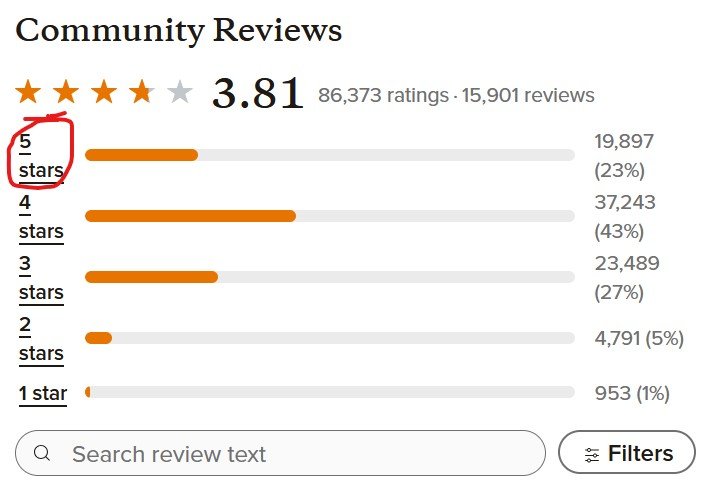
Honestly, my advice to authors is to forget Goodreads even exists. Reading reviews of your own book on GR is a bit like developing telepathy and finding out that your best friend secretly finds you annoying.
However, we’re all human here, and I know you want to see the good stuff on Goodreads. Therefore, I strongly recommend learning to filter by star rating. On the GR book page, scroll down to Community Reviews, where it lists the number of star ratings. If you click on ‘5 stars’, you’ll only see the 5-star reviews. Ahhh, nirvana achieved.
Do you need to worry about spoilers in reviews of your books?
Many authors freak out because Goodreads users will include spoilers in their reviews without using the correct spoiler tags. Yes, this is annoying. But it’s not the end of the world.
Most GR readers know that GR reviews (especially of mystery-thrillers) can contain spoilers, so they won’t read them till after they’ve finished the book.
If you think a review inadvertently spoils a major plot point of your book, you can contact the Goodreads Librarians and get them to hide the review under a spoiler tag.
Hopefully it goes without saying, but Goodreads people don’t spoil books in their reviews as a malevolent act against the author. They’re probably ranting about the book as a note-to-self or like they would when talking to a friend.
Do bad Goodreads reviews actually hurt sales?
In my opinion? No.
This isn’t like on Amazon or another book retailer site, where the reviews are right there staring at you when you’re on the verge of clicking Buy.
To reiterate, the vast majority of people using Goodreads know that star ratings and reviews on GR are a soup of human opinion, not a straightforward good-or-bad arbiter.
Of course, it’s not amazing if your average star rating is in the twos, rather than the threes. It’s not wonderful if the first review of your book is a bad one. But most Goodreads users will scroll through a bunch of reviews, see some good ones, see some bad ones, and make up their own mind whether they want to read your book or not.
Plus, it’s worth mentioning that, as a reader, I’m more sceptical of a very high average rating than I am of a lower average rating. A 4.5 average, to me, screams “this author/publisher paid for reviews”.
Also, most people on GR don’t browse randomly and worry about average star ratings. They find books via an individual’s review, which shows up on their dashboard.
Example: “My friend Sam loved this book and wrote a glowing review – ooh, I’ll add it to my wishlist!” At no point did I check the average star rating and think “hmm, it’s 2.9, the book must be bad”. No! Because Sam loved it and I trust Sam.
How should authors use Goodreads?
Fine, you might be thinking, so Goodreads is a reader space – should authors be on it at all?
Yes, but in a limited capacity.
It is worth joining Goodreads, requesting an Author profile, and “claiming” any books you’ve already published. Keep your profile up to date, with a photo and bio, and make sure to claim new books as you publish them. This means that GR users can easily find your other works after they’ve read one of your books.
If you want to log your own reading on Goodreads, it’s good author etiquette to only log the books you liked. (If you find this a bit stifling but still want to use GR, keep an anonymous locked account to log everything you read without worrying about being polite.)
Don’t put too much effort into building up friends and followers on Goodreads. It’s unlikely to help you sell books. There are other social media platforms, such as TikTok, that are better for book branding and exposure.
One of the savviest uses of Goodreads by authors that I’ve seen is to review your own new release, and in the text of the review, include links to “behind the scenes content” (extra chapters, blog posts, etc.) that are either available on your website or (even better) on your newsletter. This will drive signups to your newsletter.
The most common promotional tool that Goodreads offers is Giveaways, but they are pricey and they seem to have dropped off in terms of book marketing popularity. Certainly, I would recommend investing in a good author website and author newsletter first.
Good luck out there in the Goodreads salt mines. Honestly, if all you got from this rather long post is “I am going to develop deliberate amnesia and forget Goodreads exists”, that’s a good thing.
